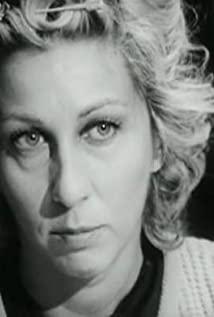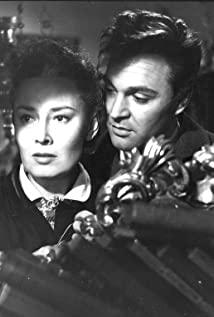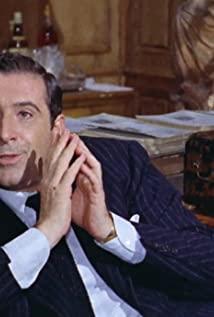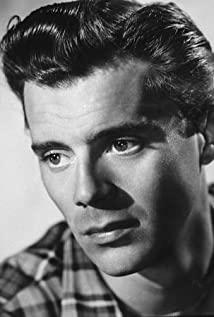Soul Broken Venice is a film with minimal lines, which successfully interprets the unspeakable in silence. Instead of the lines, there are long shots of landscapes that are so beautiful that they can be directly framed and hung, as well as the euphemistic and sincere interpretation of the actor who plays the protagonist Orsenbacher. Osenbacher is sensitive, sickly, and feminine, and his depression and his love for Daqiu are indescribable. Da Qiu never said a word, he only looked back at Osenbach and responded to his gaze briefly, but he was always a phantom of beauty that could not be reached. In the film, Osenbacher saw Daqiu before he died. The front desk of the hotel in front of the beach camera told us that the Poles were leaving before noon today. We don't know whether the Daqiu that Osenbach saw last was a phantom or real, but it was indeed his last yearning for beauty and youth. He died on the beach in Venice in the height of the plague-ridden summer, with the melted black dye running down his forehead. A few days before he died, the barber had just given him a rejuvenating make-up. "Now a gentleman can fall in love at any time," said the barber. He never stepped forward to talk to Da Qiu, but this makeup may mean that he can finally fully accept his desire for Da Qiu, and finally he can die on the beach in a foreign water city without any regrets. The barber dyed his hair black, painted his face pale, and smeared lipstick on his mouth, to the viewer's eyes, as if a mortuary was putting makeup on a dead man.
Like the protagonist of the Magic Mountain, Orsenbacher is a traveler from the north, a variant of a flareur: a lone traveler who arrives in a hurry, navigating the strange world he enters with an alienated and longing perspective people and things. Thomas Mann's traveler is always feminine and sensitive, dragging a sickly body with a repressed tangled longing, and a face shrouded in the veil of death approaching. Mann is the grandfather of "recuperation literature". Unlike flaneur, Thomas Mann's strangers will always involuntarily fall in love with someone or something in the strange world he enters, and eventually even he himself will die in a foreign land and can no longer be able to. away from the end of his journey.
Both The Magic Mountain and Soulbreak Venice are discussing death. The journey of the protagonist of the Magic Mountain and Orsenbacher is a journey of death, and death is the dark shadow looming behind these two healing stories. Through the roles of Castrop and Osenbach, Mann has been exploring how a person comes to death, which is the most profound meaning of Mann's work. Mann himself called his novel "the book at the end." The works discussing death have profound significance, because death is an inherent proposition of all human beings. Heidegger believed that facing the inescapable death is the only way for Dasein to be "authentic".
Germans are also a nation that is very sensitive to death. Thomas Mann's two masterpieces discuss death. Goethe's "The Sorrows of Young Werther" and "Faust" both have different themes of death. Heidegger believes that Dasein can be real only by being-towards-death; Weber's "Magic Bullet" and Wagner's Schopenhauer-inspired opera are inseparable from the dialogue between man and death, modern German The musical "Elizabeth" is based on the "end of the century" background and the role of the god of death as the main axis throughout the legendary life of Princess Sissi; even Mozart, who was musically pure and happy in his early years, had his final work before his untimely death, which was particularly heavy and religious. Requiem. Perhaps the Germanic ancestors from northern Europe could occasionally catch the shadow of Hel flashing between the mud and deciduous trees as they wandered alone in the cold black forest. This is what Germans have in common with their Scandinavian relatives. Swedish national treasure Ingmar Bergman is another artist who perpetually ponders the proposition of death and loneliness.
View more about Death in Venice reviews











